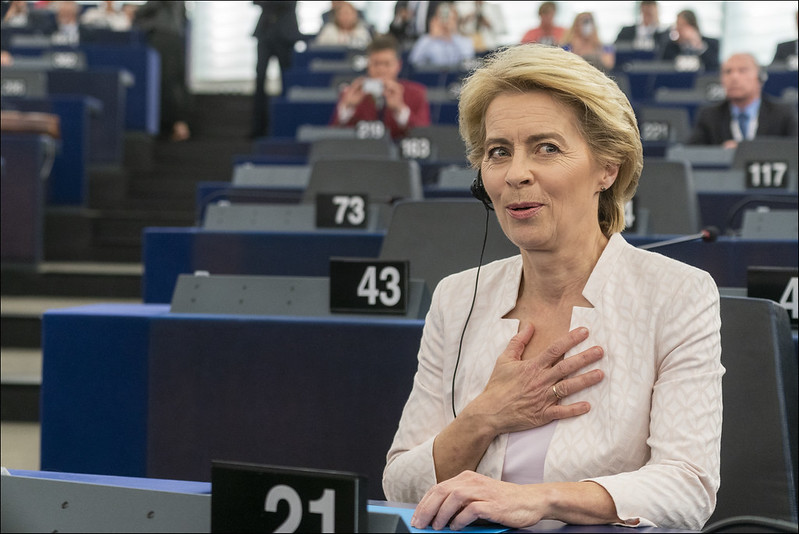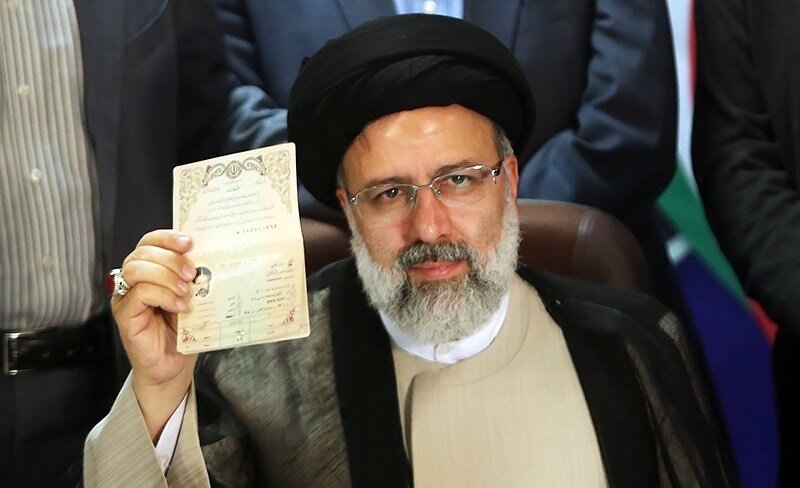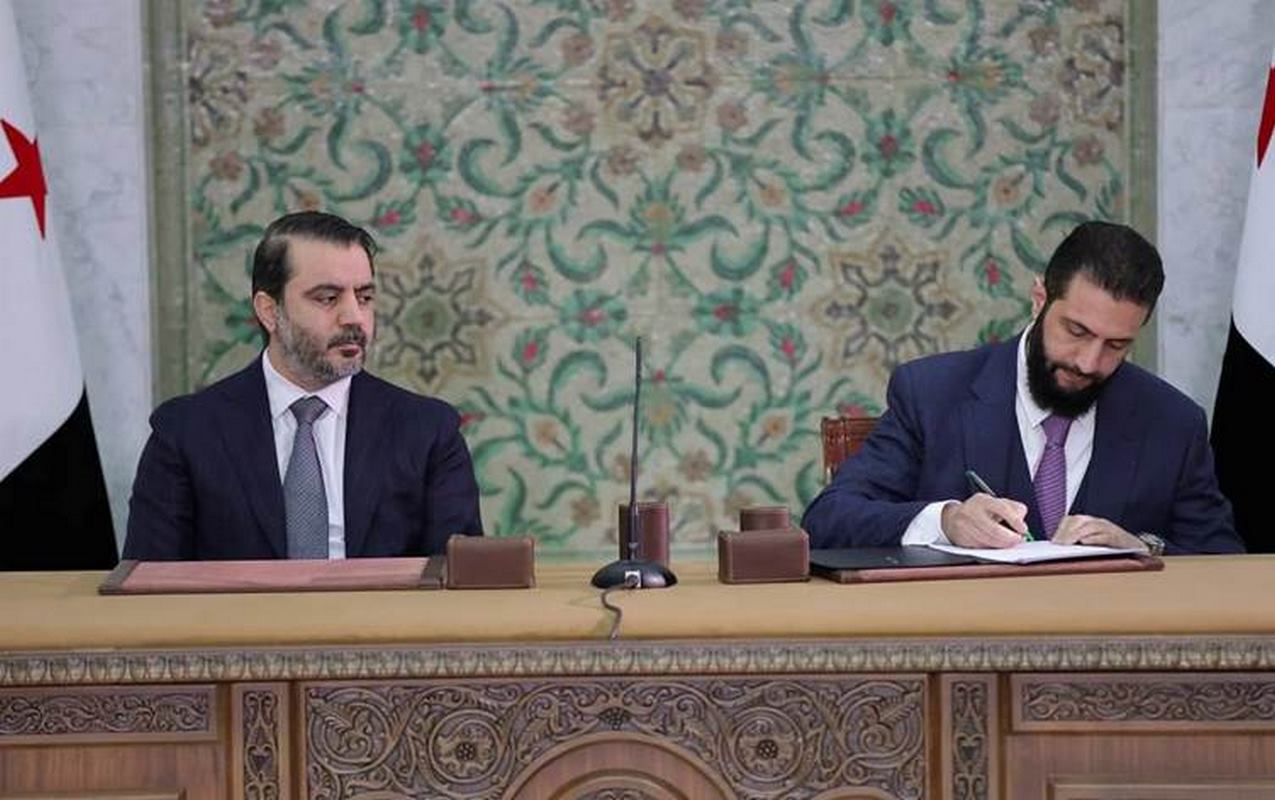There has never been a bigger year for democracy than 2024. 40% of the world’s population, including the three largest democracies on Earth, are heading to or have already headed to the polls this calendar year. Elections with the potential to affect global affairs have taken place in Taiwan, Pakistan, Russia, and were barred from happening in Ukraine, while heads of state in the United States and India will also be installed.
In Indonesia, powerful military interests got their man over the line, while Claudia Sheinbaum seems set to be the first female president of Mexico.
Added sooner than expected to this list has been Iran, whose president Ebrahim Raisi was killed in a helicopter crash on May 19th. Snap elections have seen several major political figures apply for permission from the nation’s Guardian Council—the Islamic state organ that decides who can run for elections—none more major than former president Mahmoud Ahmadinejad.
Ahmadinejad, who was president from 2005 to 2013, oversaw a severe economic downturn from international sanctions imposed amid the explosive tensions over Iran’s nuclear program.
Others who are seen as strong candidates include Saeed Jalili, the former secretary of the Supreme National Security Council, Mostafa Kavakebian, the secretary general of the Mardomsalari (Democratic) Party, Ali Larijani, the former speaker of the parliament, and Abdolnasser Hemmati, ex-Governor of the Central Bank of Iran, reports Tehran Times.
In Pakistan, following former prime minister Imran Khan’s imprisonment, his party surged to a Parliamentary majority, while Taiwan’s opposition also gained a majority and has wasted no time using it.
While Vladimir Putin won a 5th term as President of the Russian Federation to no one’s surprise, Ukrainian elections, which were supposed to happen in March, were canceled by President Zelenskyy, who has already banned the Orthodox church, opposition political parties, and nationalized major media outlets.

The world over
A popular Pakistani political saying goes that the army “has never lost an election and never won a war” but a remarkable showing by Khan’s Tahreek al-Insaf party has left them with the most seats in what was probably an election rigged against them.
To the east, voting in India has concluded, with exit polls predicting that incumbent Modi will win a third prime ministership, but the destiny of the lower house, which Modi’s Bharatiya Janata Party (BJP) controls with a vice-like grip, is much more of a question. Modi set a benchmark goal for 400 of the country’s 563 seats, and while that would be historic indeed, predictions suggest that the BJP and their coalition partners named the NDA, will gather around 350, over 40 more than what they currently enjoy.
Some analysts fear such success would undergird the makings of a one-party state, as Modi has injected nearly $1 trillion into mass welfare and wealth redistribution programs aimed at vote buying on an unprecedented scale in the once-model, now-troubled democracy. He has also been accused he plans to alter the Indian constitution, though he rejects the claims.
Elsewhere in the BRICS alliance, South Africa’s elections concluded with a record-low turnout that saw Nelson Mandela’s African National Congress (ANC) lose its congressional majority for the first time in 30 years. Still retaining 40% of the vote, it will have to form a coalition government to rule. The Democratic Alliance (DA), the main opposition party, received the second-highest number of votes (21.81%).
A simple majority is needed to elect a president, which happens after the first sitting of the new National Assembly 14 days following the election.
In Indonesia, former special forces commander and defense minister Prabowo Subianto won the February 14th contest with a landslide victory that was declared by one human rights group/election monitor as the “least fair election” in Indonesia’s post-dictatorship history. In a policy manifesto, Subianto wrote that his focus was on increasing the country’s military capacity and defense budget, as a means to put more emphasis on war, conflicts, terrorism, and military modernization than on diplomacy.
Thomas Noto Suoneto, an Indonesian foreign policy analyst, wrote that Subianto promises to make Indonesia a powerful modern state, therefore “returning” it to a glorious past. Suoneto points out that it’s completely unclear what glorious past he means to return to, as Indonesia has rarely been a united, powerful, first-rate nation-state.
In Mexico, the prospective first female president of that country is predicted by all accounts to be on her way to the presidential palace after winning between 58 and 60% of the vote. Claudia Sheinbaum will take power from her current political mentor, the influential and extremely popular Andreas Manual Lopez Obrador, who nevertheless left behind a tower of crises, including debt, a defaulting oil sector, and a collection of drug and trafficking cartels that are stronger than ever.
The United States and the European Parliament are certainly the most consequential elections yet to come. For the EP, the current commissioner Ursula Von der Leyen seems destined to leave her current position after losing key right-wing support from Hungary and Poland and further angering her left, center-left, and socialist opponents. WaL
We Humbly Ask For Your Support—Follow the link here to see all the ways, monetary and non-monetary.
PICTURED ABOVE: Deceased President Ebrahim Raisi registering as a presidential candidate during the 2017 election season. PC: Tasim News Agency. CC 4.0.



